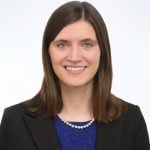Featured
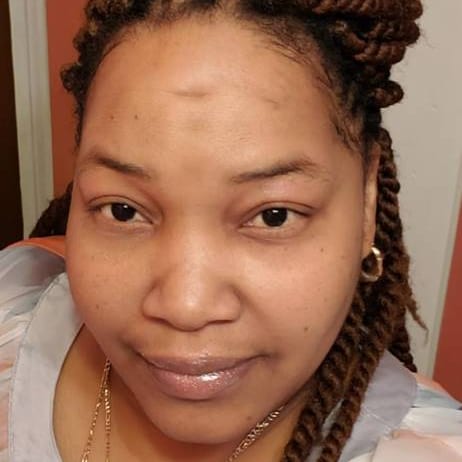 Toyin Anderson
Toyin Anderson
Parent advocate and board member, the Children’s Agenda
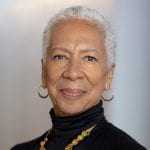 Angela Glover Blackwell
Angela Glover Blackwell
Co-founder in residence, PolicyLink
Learn more about Angela >>
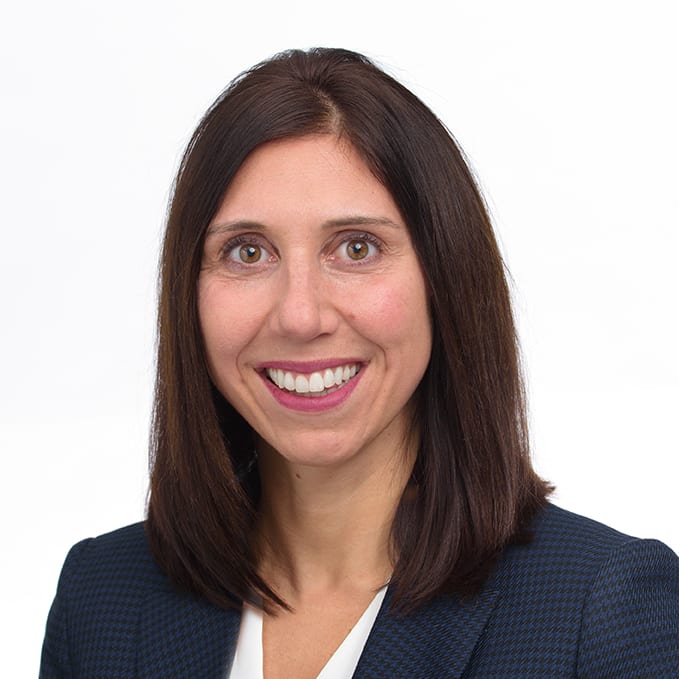
Jennifer Blatz
President and CEO, StriveTogether
Learn more about Jennifer >>
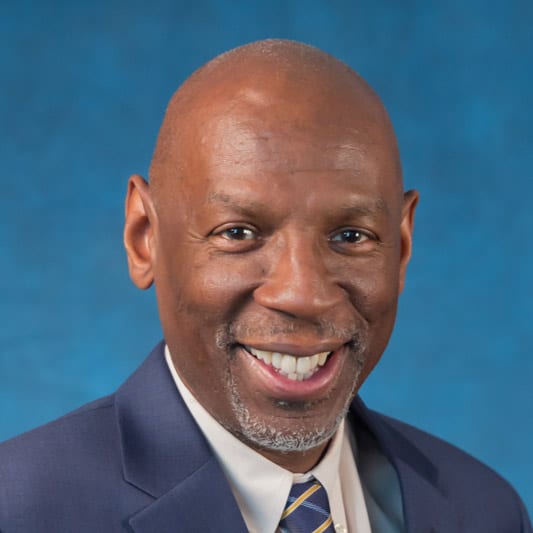 Geoffrey Canada
Geoffrey Canada
President, Harlem Children’s Zone
Learn more about Geoffrey >>
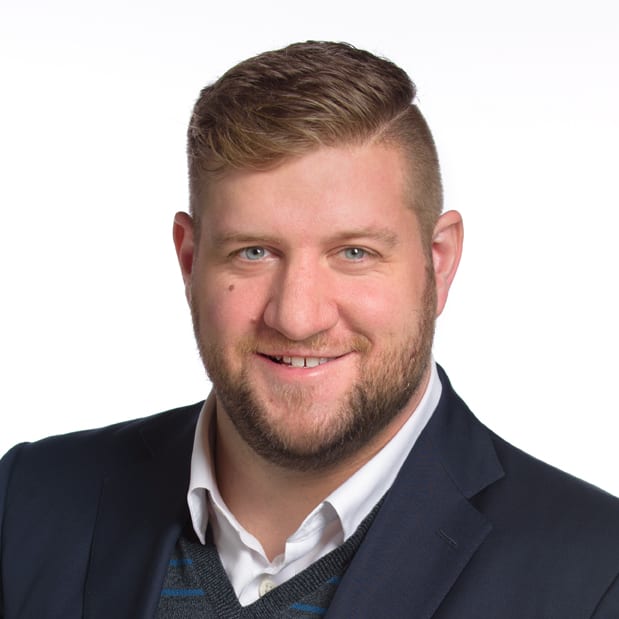 Colin Groth
Colin Groth
Executive vice president of strategy and development, StriveTogether
Learn more about Colin >>
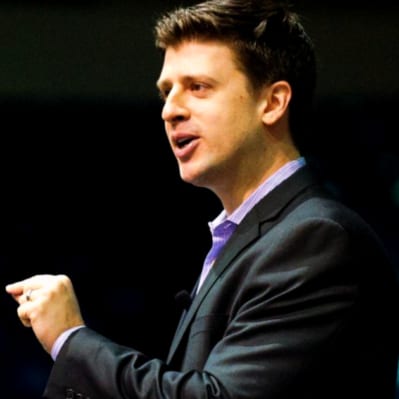 Dan Heath
Dan Heath
New York Times bestselling author
Learn more about Dan >>
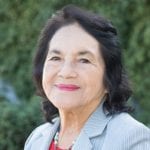 Dolores Huerta
Dolores Huerta
President, the Dolores Huerta Foundation
Learn more about Dolores >>
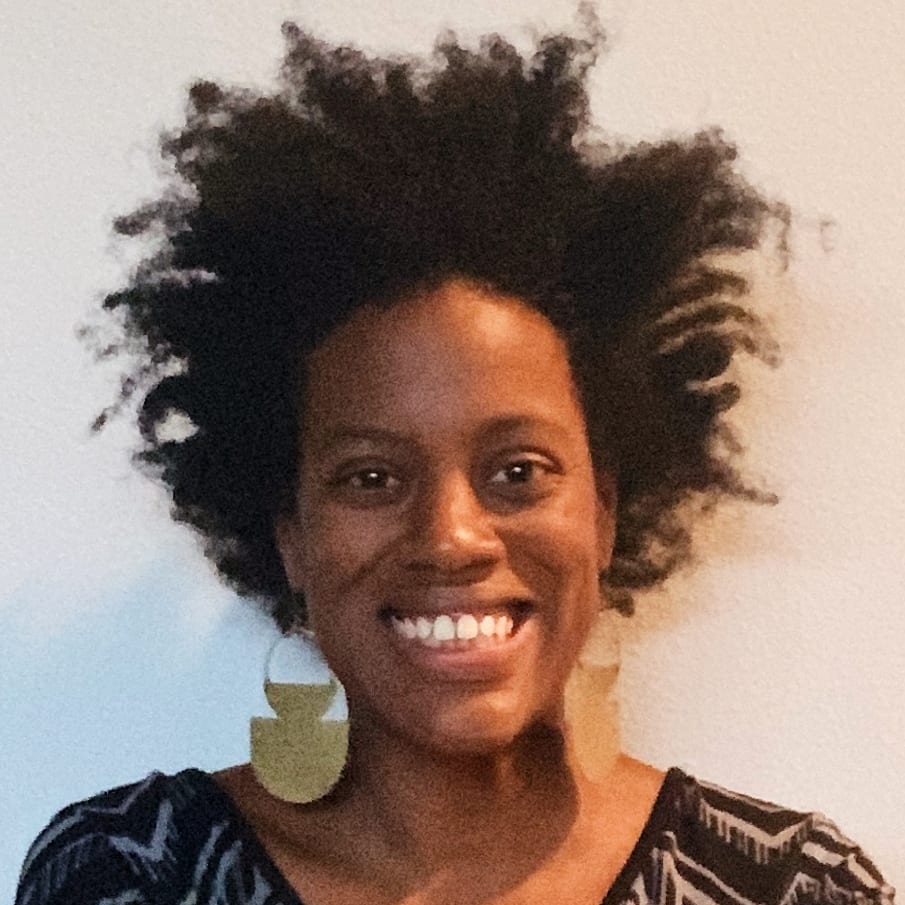 Bernadette Merikle
Bernadette Merikle
Executive director, Community Center for Education Results
Learn more about Bernadette >>
Host
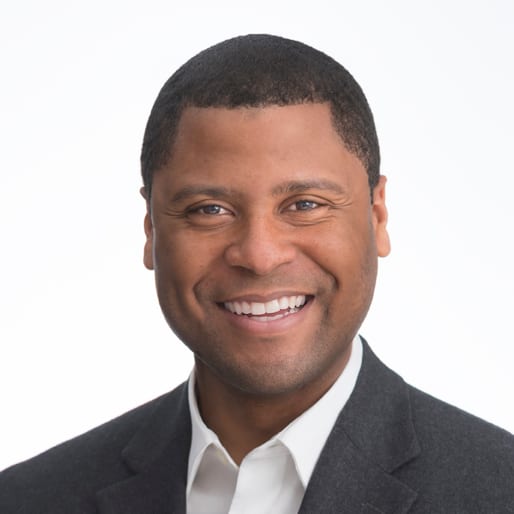 Christian Motley
Christian Motley
Director of policy and partnerships, StriveTogether
.
Listen to more episodes and subscribe >>
Transcript
Christian Motley, director of policy and partnerships, StriveTogether
[00:18] Hello, I’m Christian Motley, director of policy and partnerships at StriveTogether. Welcome to Together for Change, where we explore what’s possible when people work together for an equitable recovery. In season one of Together for Change, we talked with so many changemakers doing work to support youth and families across the country. Today we’ll look back on some of our favorite moments, and I hope to share a little bit more about me.
While season one was focused on an equitable recovery, in season two we’ll focus on what it takes to create sustained, long-term systems change that leaves no one behind. I really thought that it was important that we kicked off the first episode of our Together for Change podcast really recognizing the twin pandemic that existed for — and continues to exist, unfortunately — for so many folks in communities across the country. We had experts Angela Glover Blackwell, Collis Conway and the legendary Dolores Huerta for a conversation that really looked at the intersection of race and the impact of this pandemic on communities. One of my favorite moments during this podcast was when Angela Glover Blackwell described what she called the “curb-cut effect.”
Angela Glover Blackwell, co-founder in residence, PolicyLink
[1:29] I think of it is really understanding the “curb-cut effect,” those cut-outs that are in the sidewalk because of the advocacy of people in wheelchairs. But how many times have people benefited across the board because those curb cuts are there. Whether you’re pushing a stroller, pulling a cart, dragging luggage — it even saves lives, because the majority of adults cross the street at the corner because of the orientation of those curb cuts. Once you know what you’re looking for it’s every place.
Just think about early childhood, we have a whole movement for universal access to high-quality early childhood. It started with educating poor black children in Mississippi, Marian Wright Edelman and others starting the Head Start Program. If you focus with nuances and specificity on the most vulnerable, the benefits cascade out.
Christian Motley
[2:17] I was so glad to have the opportunity to have Dolores Huerta as a part of this conversation on this podcast. She has been doing this work for, literally, for decades. And she called out something that I thought was really important. In states across the country, we saw leaders pulling communities together saying, you know, in order to combat COVID-19, in order to defeat this virus, we all have to come together and work together, to wear our mask, wash our hands, social distance. And we were really working together to stabilize neighborhoods. And I think what she was really saying was, you know, what, if we all came together and said, “We are going to smash the roots and the impact of racism.”
Dolores Huerta, president, the Dolores Huerta Foundation
[2:59] Racism and economic inequities are so entrenched in our society that there’s like a whole structure that has been built in our society, starting from government organizations, corporations, private organizations, that it is so ingrained and entrenched in our society that it’s just going to, it just brings to mind what it’s going to take to end it. We talk about fighting the COVID-19, and we’re saying that everybody has to, you know, be involved to be able to protect ourselves from COVID-19. Well, we might want to use the same scenario to say, this is what it’s going to take for all of us to get together and smash the roots and impact of racism in our society.
Christian Motley
[3:50] In our work at StriveTogether, we work with communities to understand the factors that are impacting students every day. We’ve got to understand the factors of racism and work together to address them, and I just appreciated that call out.
This conversation that Dolores Huerta brought up, really talking about this idea of smashing racism, makes me think of the conversation about talking race with family and friends. We had Colin Groth, the executive vice president of strategy and development at StriveTogether, with the author Glenn Singleton, who has pioneered race equity work through what he calls courageous conversations. Colin had this powerful moment where he talked about how, really, sort of recognizing his own privilege, not just as a white cis male, but also as a large figure. Colin is physically large, and how rather than sort of talking through this issue that he had with a family member, that he used his physique to sort of avoid having a really difficult conversation.
It was really emblematic of how deep we have to go sometimes and really find places to connect across difference to be able to, as Dolores said, smash these roots that really lives with all of us. I just think that was a powerful conversation and it was a powerful moment between those two guys.
Colin Groth, executive vice president of strategy and development, StriveTogether
[5:08] I have the privilege, in the way I was brought up, in my racial identity, in my physical stature and appearance, I have sort of all the drapings of privilege that a six-foot-four white male has in this country. I was reflecting a lot about an experience I had around the holidays, which you know, are already kind of loaded time in general. I was reflecting on my own whiteness in the way that — and I know we’re going to talk about politeness coming forward — but just, the dinner table conversation around Christmas.
I was talking to a white family member who’s you know, newer to the family in that he married into our family later in life, and there were a series of kind of microaggressions about people of color. He’s a former police officer, retired now, and was making comments throughout dinner about people cutting him off and taking down the license plate number and calling the police and different things. I kind of ignored again and again. There’s things that were in some ways triggering me, but I feel like I’ve been primed so much for politeness and that passive dinner table conversation to just kind of smile and nod.
But it culminated that evening with a different kind of a conversation. I ended up kicking him out of my parents’ house and it was a really strange interaction. And I was reflecting after talking to Glenn, in no way did I have the courageous conversation. I ignored. I suppressed. I internalized in the spirit of politeness. And then even perhaps worse, I then jumped into kind of an oppressive stance where I was using my physical stature to literally remove that person from the room, from a conversation and from the holiday. So, pretty terrible and unprecedented in the Groth family at least.
But as I was thinking about it, I was listening to the book again, I was so afraid of that courageous conversation that I skipped it, that I went to this place of like anger and resentment. I think in a lot of ways my actions and sort of the way I picked that moment up, I think represent a lot of the ways of that universal white identity that shows up and how we won’t have the conversation, we struggle to, and it makes us mad and we jump to these kind of oppressive instincts. I appreciate the book and the framing, because it’s been making me think a lot about my own personal life and the way I show up professionally and how I hold my role.
Christian Motley
[7:35] I think what’s been really important about the conversations that have been had over at least the last year or so, in the wake of these twin pandemics, when we talk about the COVID-19 and this health crisis that destabilized communities. But also this reckoning, this national reckoning that we’re having about race.
In 2020, we saw the deaths of Breonna Taylor and George Floyd, and it really activated and deepened conversations about, for example, how law enforcement engages in community and around the country and around the world. We saw demonstrations where folks call for leadership and accountability and really voiced a plea to community leaders to recognize the value that all lives have in this world and, and really the fear that lives in communities of color.
What you’ve seen, in response, in many places, places like Louisville, for example, where Breonna Taylor unfortunately and tragically lost her life, more conversation around citizen review boards that oversee law enforcement. This talk of banning no-knock warrants. But what you also saw was embedded, deep conversations happening with I think, folks who were connected with folks and thinking about folks that don’t look like them, and that they don’t interact with every day.
What I think was particularly important in the conversations that were happening last year, and the demonstrations that we saw in the streets, that it was not just black and brown people in the streets. In Kentucky where I live, there were demonstrations in the urban areas, Lexington, where I live in Louisville, but also in rural areas with tragic histories like Corbin, Kentucky, where, you know, some 100 years ago, they expelled black residents from that town. I think one of the best things that can come out of you know, what we’ve seen in the last year is folks really finding spaces to both speak and think across differences. And I think the conversation between Glenn and Colin just really highlighted that for me.
You know, at StriveTogether, we talk about two things pretty consistently. One is the civic infrastructure that lives in the 70 communities across the country that are part of the StriveTogether network. We also talk about the urgency for a systems transformation. And I think what we’ve seen again, in these twin pandemics, was really a time that made a case for civic infrastructure. In episode two, Jennifer Blatz, our CEO at StriveTogether, talked about the work that the backbone organizations that are part of the StriveTogether organization do in communities every day. Typically they are working as intermediaries connecting cross-sector partners to work to advance strategies that improve outcomes for young folks from cradle to career. That work had a certain look to it up until last year. And in the midst of a pandemic we saw our partnerships that we work with make really critical pivots that helped to stabilize communities and ensure basic needs for youth and families were met.
Jennifer Blatz, president and CEO, StriveTogether
[10:45] When COVID hit, we realized that for more than a decade, we have worked to build this cradle-to-career civic infrastructure in communities across the country. And that we were going to need to pivot our strategy to support and stabilize and preserve as much of that infrastructure in communities as possible.
Christian Motley
[11:06] What we also know is in this moment where we’re seeing historic investments to both respond to the pandemic but also catalyze an equitable recovery that the civic infrastructure that lives in communities is not just for pandemic response, right? The civic infrastructure that lives in the 70 communities in the StriveTogether network, they will see that these historic investments actually lead to results. And with community engagement, with evidence-based practice, what we’ll find is there are changes that need to be made or changes that will be made in systems that we hope will reach far beyond this moment. Again, we’re looking for sustained, systemic transformation. I think that the 70 communities, in particular, in the StriveTogether network are ready for this moment. I think Jennifer just makes, you know, one heck of a case.
Jennifer Blatz
[11:57] So much of what we’re hearing right now in the conversation is, “How do we get back to normal?” How do we get back to what normal looks like and kids in the classroom five days a week. And I mean, we have to admit that normal wasn’t working for many of our, what we called normal pre-COVID wasn’t working for so many of our children, especially children of color, in so many of our schools. So there’s a real opportunity here, if policymakers are willing, and they should be, and this is across the board out, you just use school, as an example, but to really look at what it would take to work with youth, families and community members to design these types of policies and to really consider what it looks like to redesign schooling.
Christian Motley
[12:40] When we typically think of infrastructure, we think roads and bridges. I think the case that we’re making at StriveTogether is that this work to support youth and families is really place-based work. The work that is about place, and we have to connect people, institutions and systems to create communities where everyone can thrive. The bottom line is, our communities have been rocked by the events of the last year. And it’s going to take time to not only build back to where we were, but to ensure that we have an equitable recovery that leaves no one behind.
When I think about the time it takes I’m reminded of episode five. We had Dan Heath on. He’s the author of Upstream: How to Solve Problems Before They Happen. And during that conversation, he made a call out that I think goes to not only, you know, our philanthropic community, but also given the historic investment that has been made, I know that there are a lot of expectations that have been made of the dollars that have flowed into communities and the ability to make impact happen fast. What he said is that these things take time. And if we are really interested in meaningful change, we have to be prepared to make investments that are going to take some time.
Dan Heath, author
[13:52] If you’re a funder listening to this, I hope, I hope you take that message to heart that the timeline of these things, any meaningful social change on a reasonable scale, you got to be thinking in decades, and funders don’t want to hear that. They want to think about a two-year cycle where you run a pilot and you get some results that you can trumpet. But the pilots are not the thing. You know, the steady, incremental change is the thing.
Christian Motley
[14:18] I have a background that has reached the federal level of government, state government, and I work for an advocacy organization that connected educators to their elected officials. One thing that I was struck by was how necessary it was to have folks who are directly impacted be a part of the policymaking process. You know, in our conversation with Bernadette [Merikle] and Parvathi Santhosh-Kumar, who works at StriveTogether, our vice president of equitable results, and Bridget Blount, who’s out in Baltimore. We had a conversation that really started to get to the issue of systems and system leaders and their preparedness to engage with community.
The point that Bernadette made — and she’s the leader of our partnership in South King County in Washington state, Road Map Project — she talked about the importance of not our community members being prepared with all the talking points, all the leadership development, all that sometimes we think it takes for, you know, parents, families, students, young folks to talk to leaders. It’s actually those leaders who need to be prepared. And I’m just reminded of those conversations that I had in the halls of the state capitol, in Frankfort, Kentucky, and just how real her point was.
Bernadette Merikle, executive director, Community Center for Education Results
[15:36] It’s not for us to like train students on how to get their soundbite in front of the city council or the school board. But for us to work with the city council and the school board to be like, “The community knows. This is how you trust them. This is how you actually follow through on what they say and establish loving, right relationships with community,” which is something they really want to do but feel stuck in knowing how to do that.
Christian Motley
[16:04] There’s so many examples that live in our network where our partnerships are connecting with parents and families and not doing the work to try to empower them — in some cases, it’s supporting the platform and just moving out of the way so their parents and students can talk as directly impacted folks, particularly when it comes to policymaking. You know, there are a couple of examples that come to mind.
You know, we have a partnership in San Antonio, where we’re seeing some really just pioneering work, in my opinion, in youth leadership. I’ve personally seen young people who are actively engaged, having conversations with each other about the issues that matters to them. And then talking with folks in the health care sector, talking with school board members, in some cases, talking to the city council members and mayors about what it looks like to equitably resource their communities.
They’re also seeing that work in Rochester, New York. Jackie Campbell is the executive director of ROC the Future. I think it was episode 10. We had Jackie on with our CEO, Jennifer Blatz, and Toyin Anderson, who’s a parent advocate that works with ROC the Future. She shared just the statement around how parents have to understand that they have the power already. They do not have to be empowered, they have the power already. And when they go and they speak on the issues that impact their communities, they’re the experts, and they need only be heard.
Toyin Anderson, parent advocate
[17:30] I want parents to know that we have the power. We are the power, we are the necessary ingredients. In every community, in every conversation that involves our children, we have to be at the table, we have to be a part of the solution. After we’ve identified our problems.
Christian Motley
[17:57] It’s hard to end this look back on season one without mentioning Geoffrey Canada. He is the founder of Harlem Children’s Zone. He is one of the architects of what became Promise Neighborhoods, which is, you know, what we see in communities, place-based work developing in communities across the country. And earlier we mentioned — and we talk about this work all the time — is place-based work. You know, this idea that there’s no kind of ready-made solutions for the issues that exist in our communities; we have to have civic infrastructure that meets the unique challenges that we face. Geoffrey Canada, I think just does an amazing job just making meaning of why place is so important.
Geoffrey Canada, founder and president of Harlem Children’s Zone
[18:38] There’s some places that you’re not supposed to be in after dark. There’s some places that people say, “Well, why would you be going there, are you going there by yourself?” There’s some places when I go into them, and I see the bars on the windows and the bars on the doors, I understand what’s happening in that place that’s different from walking past these nice lawns, where there’s probably security, but it’s not like the bars.
Things happen in places, factories close, mines dry up. Segregation leads to redlining that Jennifer was talking about. You can’t think about dealing with problems without understanding place. Part of what is driving the outcomes that the people are dealing with there. If public safety is a key concern of children, it’s going to be very hard to deal with lots of other things if children don’t feel safe and families don’t feel safe. Places where there are no jobs. You know, William Julius Wilson, he talked about when work disappears — a really famous African American sociologist — and what happened to the social fabric of place when jobs disappeared. And he talked about it in Chicago, but you can see it across this country when jobs leave and addiction increases and substance abuse increases, and child abuse and domestic violence increases and mental health crises go and suicides go up — all of that is because people in that place have lost something critical to their being able to be healthy.
Christian Motley
[20:20] During the conversation with Jennifer and Geoff Canada, Geoff and I connected on place because I am originally from Alabama and his family is from Alabama, though he hails from New York. I’m from a place in rural Alabama, this place called Alabaster, Alabama. It’s the place they raised me. The neighborhood I grew up in was literally called the “Bottom.” Okay now, one of these old railroad towns that in, in some ways was segregated. You know, 50, 60 years ago, it was race. Today, it’s economics
But I count myself as a distinct southerner, someone who loves and appreciates the history that we have in the backyard of the civil rights movement. Settled just between Birmingham and Montgomery on 65. The history is inescapable. It is no surprise that I left my home there and went to a place called Berea College, the first institution in the South that provided co-educational and interracial classrooms. That’s the place where I learned the language of social change. It’s the place where I had my first experiences in trying to make that change myself. The first time that I was asked, when, when complaining about an issue, well, what are you going to do about it?
And I think those two things, those two places, being raised in Alabama, in rural Alabama, and getting my education in a place like a Berea College, whose very mission is rooted in the value of all people with a mission statement that says, you know, borrows from scripture. It says, “Of one blood, God has made all peoples of the earth.” It is no coincidence that I’ve been drawn to this work with a commitment to Kentucky, to the South, to Appalachia, but also to folks who don’t have commitment to communities where every child succeeds, every family thrives and everyone knows that they belong.
We are so grateful to our listeners. If you’ve enjoyed the show, leave a review or subscribe to Together for Change podcast. Share with your friends and your family. In season two, we want to bring more of these powerful conversations with changemakers who are working across sectors to ensure thriving communities for all of us. To learn more, visit us at StriveTogether.org and we can’t wait to see you in season two. Thanks.

